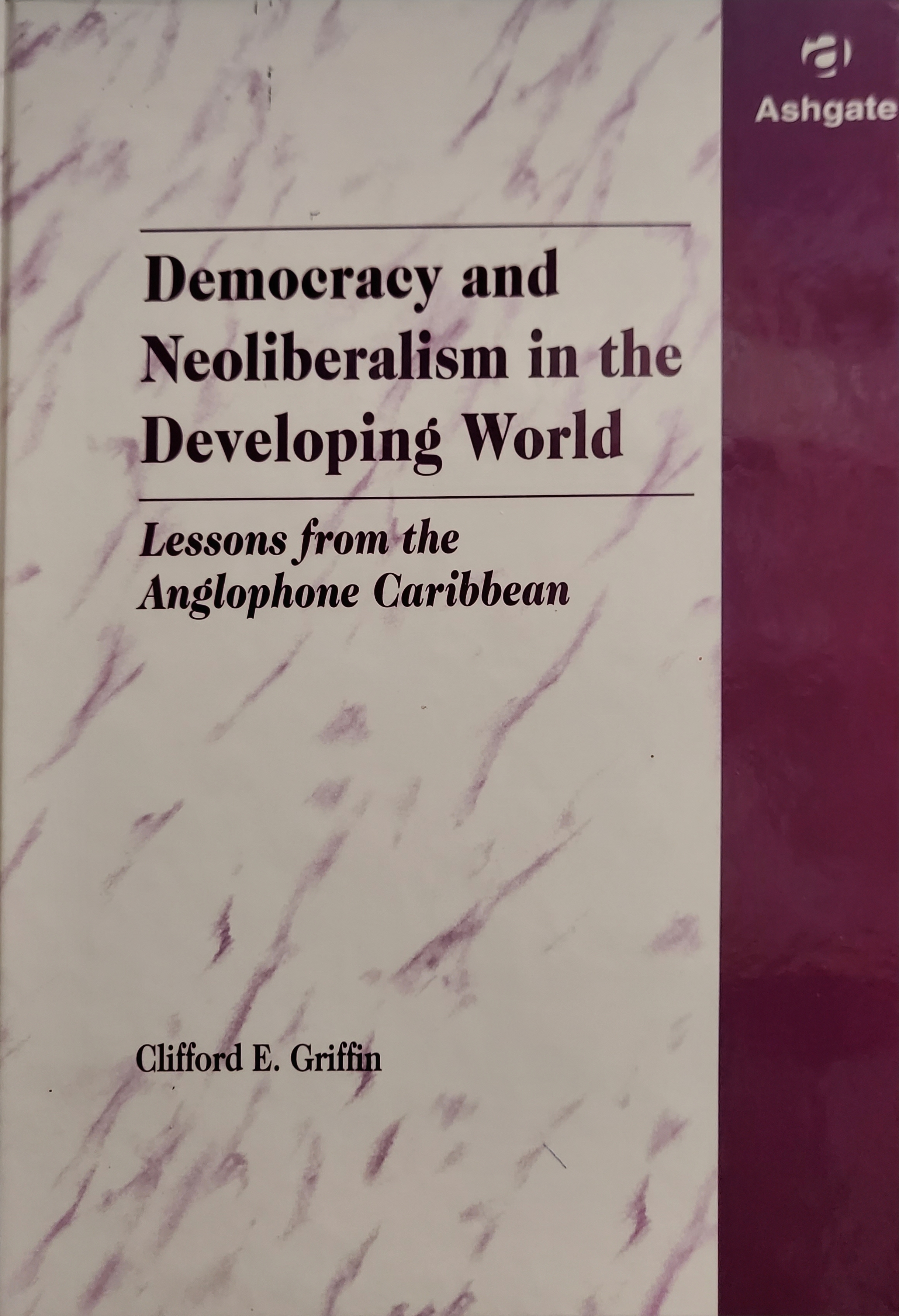
About this Item
This study of comparative political development provides insights into the likelihood that the liberal-democratic system of government will become institutionalized in industrializing and non-industrialized countries in the wake of neoliberalism, the global economic and political changes currently underway. It argues that, over the near to medium term, liberal-democratic governance will take root and achieve systematic stability only in that subset of developing countries where preconditions for democracy already exist. In addition, the author argues that some liberal-democratic governmental institutions and processes, such as parliaments, legislatures, and general elections, will become established in other developing countries, such as Haiti, the Dominican Republic, and eventually Cuba, countries in which the cultural and attitudinal preconditions for democracy remain absent or underdeveloped and are undermined by the fragile base upon which these new democracies rest.

More about this item
Dublin Core
Title | Democracy and Neoliberalism in the Developing World:Lessons from the Anglophone Caribbean |
Description | “This study examines the potential for institutionalizing liberal democracy in developing countries amidst the challenges posed by neoliberalism, highlighting the necessary preconditions for democratic stability." |
Creator | |
Contributor | |
Creation Date |
